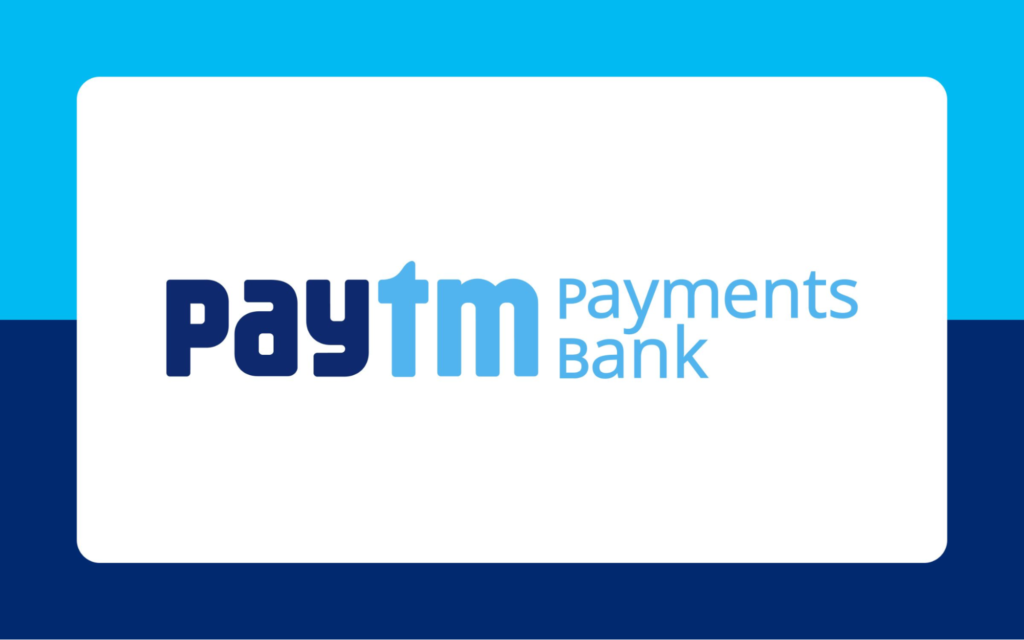Until recently, Paytm Payments Bank (PPB) operated seamlessly, facing only restrictions on customer onboarding imposed by the Reserve Bank of India (RBI). However, on January 31, the RBI introduced extensive restrictions on PPB, significantly impacting its operations and potentially affecting Paytm, the mobile payments firm associated with it.
Table of Contents
ToggleNew RBI Restrictions on Paytm Payments Bank Operations
The RBI directive prohibits further deposits or top-ups into Paytm Payments Bank accounts, allowing existing customers to only withdraw their balances. This compels account holders to liquidate their balances, effectively leading to account closures. The restrictions, effective from the end of February, pose a challenge for merchants to transition to other UPI players due to the stringent requirements of merchant accounts and the Know Your Customer (KYC) process.
According to the RBI statement, a Comprehensive System Audit report highlighted persistent non-compliances and ongoing supervisory concerns in the bank, prompting further regulatory action. The issues included non-compliance with full KYC of customers, incomplete KYC for accounts older than one year, and exceeding the allowed amount in a payment bank account.
Implications for Paytm and its Services
- Swift Migration Challenges: Paytm’s successful services, including FASTags, wallets, and prepaid instruments, rely on Paytm Payments Bank. The abrupt restrictions force Paytm to move operations to another bank, a challenging task that could invalidate existing accounts and disrupt services.
- Utility Bill Payments at Risk: PPB’s role in powering utility bill payments, such as electricity and broadband on Paytm, suggests potential failures in these transactions. Utility companies utilizing PPB’s BBPOU may face difficulties in accepting customer bill payments.
Also Read :Nova Agritech IPO Allotment Unleashes Investor Frenzy! Check Your Luck NOW – 109x Demand Explodes!
Potential Industry Impact
- Negative Outlook for Paytm: Bernstein Research notes that the regulatory measures effectively mark the end of Paytm Payments Bank operations, adding to the existing regulatory challenges for Paytm.
- Investor and Partner Concerns: Regulatory concerns may spook investors and partners, raising doubts about Paytm’s ability to address compliance issues. Jefferies, an investment banking firm, suggests potential limitations on Paytm’s lending business due to operational and governance risks.
Potential Disruptions in UPI Payments
- Impact on UPI Payments: The restriction on PPB operations could disrupt UPI payments, particularly for the approximately 40 million merchants on Paytm’s platform. QR codes for scan-and-pay methods may cease to function, affecting a significant portion of UPI transactions.
- Risk to Payments Margin: While immediate impact on UPI payments is minimal, the Bernstein note highlights a slight risk to payments margin, especially for higher-margin products like wallets and FASTags that depend on the Payments Bank entity.
In summary, the regulatory clampdown on Paytm Payments Bank introduces significant challenges and uncertainties for Paytm and its associated services, potentially affecting the broader mobile payments landscape in India.
Also Read : BLS E-Services IPO: Services Launches with Massive Buzz – Your Ticket to Lucrative Returns!

